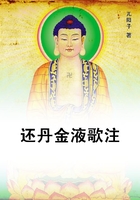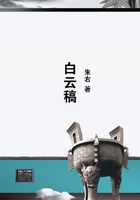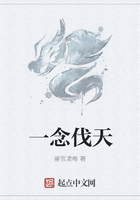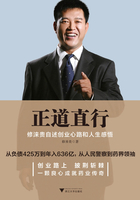The worker has not only to struggle for his physical means of subsistence; he must also struggle for work -- i.e., for the possibility and the means of realizing his activity. Let us consider the three main conditions which can occur in society and their effect on the worker.
(1) If the wealth of society is decreasing, the worker suffers most, although the working class cannot gain as much as the property owners when society is prospering, none suffers more cruelly from its decline than the working class. [Smith, I, p. 230.]
(2) Let us now consider a society in which wealth is increasing.
This condition is the only one favorable to the worker. Here, competition takes place among the capitalists. The demand for workers outstrips supply.
But:
In the first place, the rise of wages leads to overwork among the workers. The more they want to earn the more they must sacrifice their time and freedom and work like slaves in the service of avarice. In doing so, they shorten their lives. But this is all to the good of the working class as a whole, since it creates a renewed demand. This class must always sacrifice a part of itself if it is to avoid total destruction.
Furthermore, when is a society in a condition of increasing prosperity?
When the capitals and revenues of a country are growing. But this is only possible (a) as a result of the accumulation of a large quantity of labor, for capital is accumulated labor; that is to say, when more and more of the workers' products are being taken from him, when his own labor increasingly confronts him as alien property and the means of his existence and of his activity are increasingly concentrated in the hands of the capitalist.
(b) The accumulation of capital increases the division of labor, and the division of labor increases the number of workers; conversely, the growth in the number of workers increases the division of labor, just as the growth in the division of labor increases the accumulation of capital.
As a consequence of this division of labor, on the one hand, and the accumulation of capitals, on the other, the worker becomes more and more uniformly dependent on labor, and on a particular, very one-sided and machine-like type of labor. Just as he is depressed, therefore, both intellectually and physically to the level of a machine, and from being a man becomes an abstract activity and a stomach, so he also becomes more and more dependent on every fluctuation in the market price, in the investment of capital and in the whims of the wealthy. Equally, the increase in that class of men who do nothing but work increases the competition among the workers and therefore lowers their price. In the factory system, conditions such as these reach their climax.
(c) In a society which is becoming increasingly prosperous, only the very richest can continue to live from the interest on money.
All the rest must run a business with their capital, or put it on the market.
As a result, the competition among the capitalists increases, there is a growing concentration of capital, the big capitalists ruin the small ones, and a section of the former capitalists sinks into the class of the workers -- which, because of this increase in numbers, suffers a further depression of wages and becomes even more dependent on the handful of big capitalists. Because the number of capitalists has fallen, competition for workers has increased, the competition among them has become all the more considerable, unnatural and violent. Hence, a section of the working class is reduced to beggary or starvation with the same necessity as a section of the middle capitalists ends up in the working class.
So, even in the state of society most favorable to him, the inevitable consequence for the worker and early death, reduction to a machine, enslavement to capital which piles up in threatening opposition to him, fresh competition and starvation or beggary for a section of the workers.
An increase in wages arouses in the worker the same desire to get rich as in the capitalist, but he can only satisfy this desire by sacrificing his mind and body. An increase in wages presupposes, and brings about, the accumulation of capital, and thus opposes the product of labor to the worker as something increasingly alien to him. Similarly, the division of labor makes him more and more one-sided and dependent, introducing competition from machines as well as from men. Since the worker has been reduced to a machine, the machine can confront him as a competitor. Finally, just as the accumulation of capital increases the quantity of industry and, therefore, the number of workers, so it enables the same quantity of industry to produce a greater quantity of products. This leads to overproduction and ends up either by putting a large number of workers out of work or by reducing their wages to a pittance.
Such are the consequences of a condition of society which is most favorable to the worker -- i.e., a condition of growing wealth.
But, in the long run, the time will come when this state of growth reaches a peak. What is the situation of the worker then?
(3) "In a country which had acquired that full complement of riches... both the wages of labor and the profits of stock would probably be very low... the competition for employment would necessarily be so great as to reduce the wages of labor to what was barely sufficient to keep up the number of laborers, and, the country being already fully peopled, that number could never be augmented." [Smith I, p. 84] The surplus population would have to die.
So, in a declining state of society, we have the increasing misery of the worker; in an advancing state, complicated misery; and in the terminal state, static misery.















